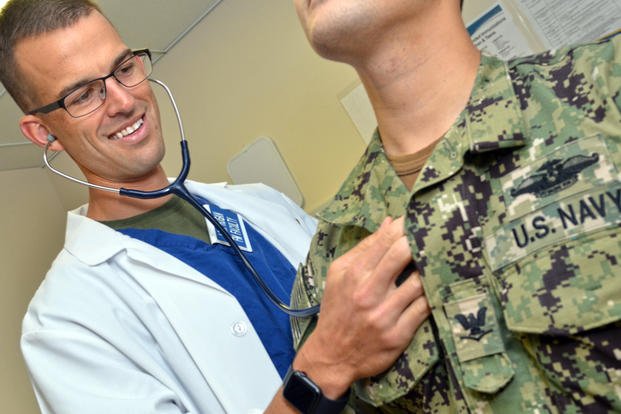Majority of Military Doctors Leave Service After Mandatory Duty

A recent report reveals that three out of four military doctors, who received their medical education funded by the government, have already left the military. This raises concerns that the program designed to address the shortage of doctors in the armed forces is being exploited by some individuals as a pathway to obtain a medical license.
According to data obtained by the office of Representative 강대식 from the Ministry of National Defense on May 20, 2025, of the 42 military doctors who completed their mandatory service from 2016 to 2025 through the 'Military Medical Education Program' (의대 군위탁 제도), 32 (76.2%) had left the military as of last month. Notably, 14 of these individuals exited the service immediately after completing their mandatory duty.
The 'Military Medical Education Program' selects around ten junior officers each year to receive medical training funded by taxpayer money, requiring them to serve as military doctors for ten years. Participants skip the first two years of medical school and complete four years of clinical training followed by five years of residency. Two prestigious institutions, Seoul National University and Yonsei University, have partnered with the Ministry of National Defense to provide this education.
While the program aims to cultivate highly qualified doctors for long-term service in the military, many participants are leaving immediately after fulfilling their obligations. Typically, these officers are in their early to mid-20s, meaning they are still in their early 40s when their service ends. This has led to perceptions among officers that the program is a 'superior benefit' that allows them to obtain a prestigious medical license and open their own practices at a relatively young age. Consequently, the number of applicants for the program has surged, with 60 applicants in 2023, 66 in 2024, and 105 in 2025.
Recently, even elite military academy graduates have been increasingly applying to this program. The number of applicants from the Army, Navy, and Air Force academies, as well as the Army's 3rd Military Academy and the National Military Nursing Academy, has tripled from 29 in 2023 to 79 in 2025. The acceptance rates for these candidates are also notably high. This year, all three students accepted into Seoul National University’s medical program were from the Army Academy, and out of 11 students accepted into Yonsei University’s medical program, eight (including two from the Army Academy, one from the Naval Academy, two from the Air Force Academy, and three from the Nursing Academy) were military academy graduates. One Army captain noted that many high-achieving officers are considering applying to medical school, viewing the education as a form of 'social elevation' that encourages them to leave the military early. Representative 강대식 expressed concern that while the program aims to nurture long-term talent, many are only completing their mandatory service, leading to a collapse of the military medical system's 'core'.
What do you think?
0 reactions





